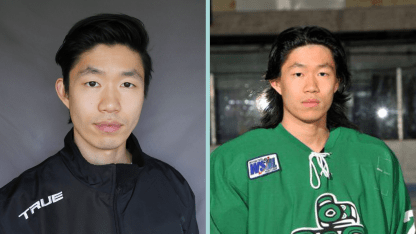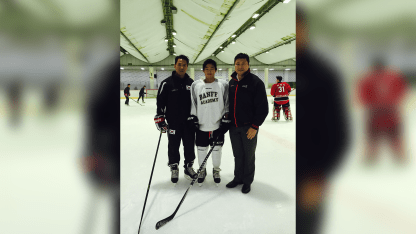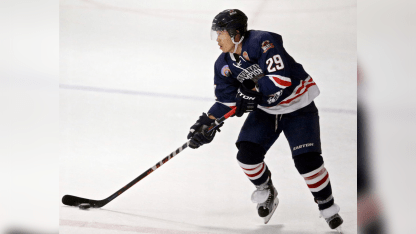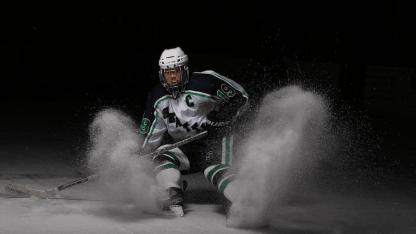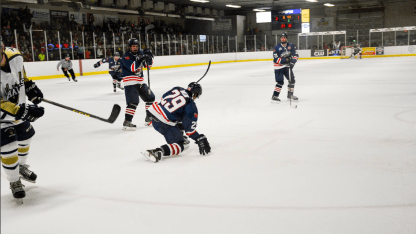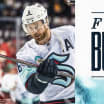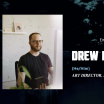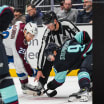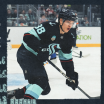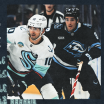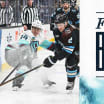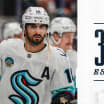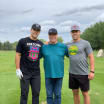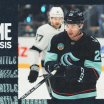"I'm the type of guy who loves to ask questions, maybe even to an annoying extent," says Min, laughing a bit. "I learned so much from them, listening, implementing, understanding how to teach. Doug taught me about USA Hockey's approach to sports science and long-term athletic development, the interaction of how players and coaches interact."
Min and his mentors call it "player-centered coaching," a common view he shared when interviewing with Rob Lampman, general manager of the Kraken Training Center.
"The idea is we want to develop the whole person [in girls and boys] in our programs," said Min. "That's first, then good athlete, then a good hockey player. I am unbelievably thrilled with the opportunity to be part of the athletic learning environment we will all create."
Registration for skating and hockey programs at the training center in the Northgate neighborhood will begin later this month. The Kraken players practicing and training in that environment will be supercharged in Min's view:
"I can't wait for everyone to have the access to watch professional players as role models looking to improve, inspiring the young players to put in the work. Whether it's at the Kraken Training Center, Sno-King, Tri-City, every rink and association [across the region], presence of an NHL club will hit home."
The Kraken and the NHL are marking "Asian American Pacific Islander Heritage Month" throughout May. Check back for more stories about Asians in hockey, including a Kraken-sponsored AAPI Heritage video conference panel presentation featuring Julie Chu, Team USA's most decorated women's national team player, Kraken pro scout Cammi Granato and former Team Japan goalie and Seattleite Tamae Satsu.
